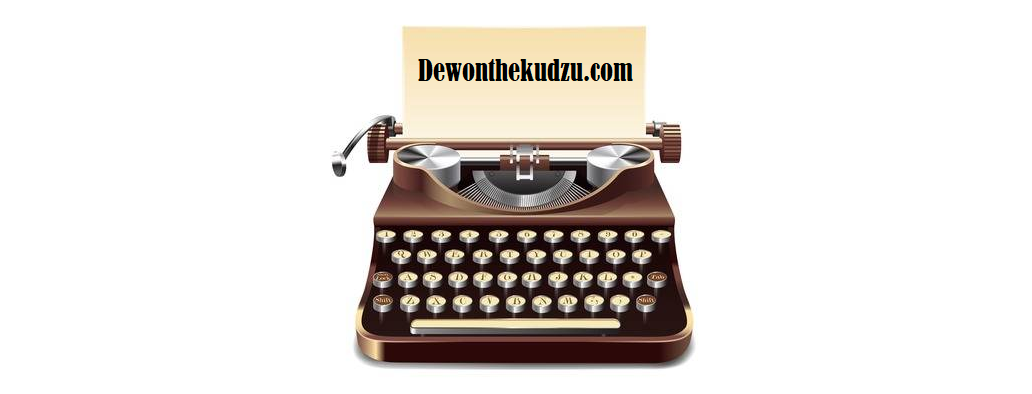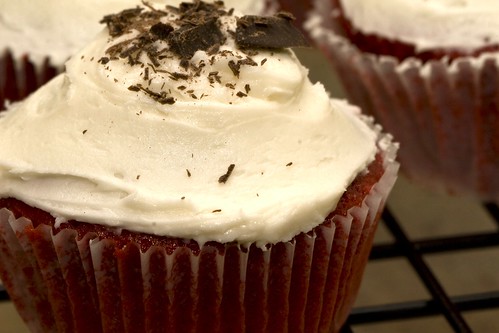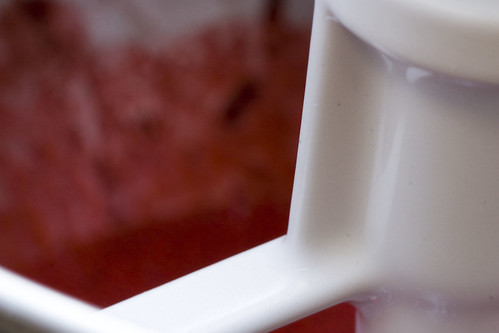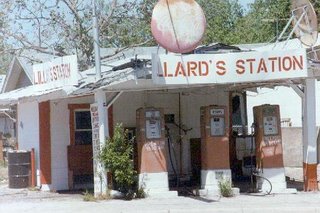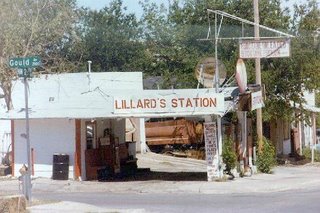
Mama
by: Bettye H. Galloway
My mother lived to see portions of three centuries-from 1898 to 2000. She received her Red Cross' nurses training in the waning days of World War I. She worked as a County Health Department nurse during my early years but gave it up when I was in middle school. She decided that she did not know enough about antibiotics, penicillin, insulin, and things that were developed after her minimal "training" and that she was capable of doing more harm than good
In her later years, she refused to live with anybody or have anybody in her house "violating her privacy". She would not lock her doors; occasionally she would latch the screen door, but she was never concerned about personal safety. However, she had a nosy next-door neighbor who took advantage of the unlocked doors and appeared every time Mama had company. This privacy invasion occurred for years. Mama bit her tongue and tried to be nice to her. But one morning she snapped. She was in the kitchen preparing breakfast when the screen door opened and in walked the neighbor, uninvited and unannounced. Mama turned to her and said, "Marie, do you see that the blinds above my sink are open?" The neighbor agreed that the blinds were opened. Mama continued, "You know that this window looks right across the driveway into your kitchen window-right? The puzzled neighbor agreed. "Okay," said Mama, "every morning when I come down to the kitchen, the first thing I do is open the blinds. So, from now on, you can look out your window, see my open blinds, and know that I am in the kitchen and am all right. The morning you look out and see that my blinds are still closed, you can come over because I'll be DEAD; otherwise, leave me the hell alone!"
We tried and tried to get her into a convalescent home, without luck. Finally, in her late nineties she developed a hernia from moving a filled chest across the bedroom. Her doctor agreed that this was the perfect time to get her in a nursing home, and he very capably assisted us in convincing her that she needed post-surgical care. Remember, in her nursing days hernia surgery required a hospital stay of several weeks! She was a very independent, determined lady, who worked hard to see that everything ran according to HER schedule.
Not anticipating going into a health care facility, we did not have her name on a waiting list in town, but we discovered a new convalescent center just opening in Tunica, a neighboring town where my brother had a fishing cabin on Tunica Cutoff and could visit her on a regular basis. We were able to get her admitted there. The transfer was arranged, and she gave orders that my brother and I were to be at the facility when she arrived. She was scheduled to leave the hospital by ambulance at 10 o'clock to arrive at the convalescent center by 11 o'clock. We were there with the administrator and appropriate health-care professionals before 11 o'clock awaiting her arrival. Eleven o'clock came but no ambulance. At 11:30 we were still waiting. Twelve o'clock came, but no Mama. We were getting really nervous. The administrator called the hospital and was assured that the ambulance left at 10 o'clock. By one o'clock, sure that there had been an accident, the administrator called the Highway Patrol but was assured there had been no wreck involving an ambulance or a wreck between the two towns. We were all gathered on the "unloading dock" when an employee raced out to tell us that an ambulance had been spotted on the highway coming toward the Center. Orderlies quickly gathered the equipment to unload a surgical patient as the ambulance backed into the dock. They opened the doors and faced the rear end of a "surgical patient" backing out of the vehicle, advising all to "get out of the way" so she could exit the ambulance. Over their protests, she refused the gurney but finally allowed them to seat her in a wheelchair for the ride into the building. That poor administrator was never the same again.
After everything settled down, we discovered that as the ambulance was leaving the hospital a problem was developing there. An indigent patient was being brought in and for some reason was denied admission to the hospital. Arrangements had been made to accept him at another hospital in the delta, but no transportation was available for him. Mama entered the picture and demanded that HER ambulance give him a ride to the new hospital in the delta. Have I said that nobody ever won an argument with Mama? The decision was made to detour to the delta hospital, drop off the hitch-hiking patient, and then go to Tunica to deliver Mama. Since these were the days prior to cell phones, this delay in delivery caused quite a few raised eyebrows.
Although in her late nineties, Mama still felt she was in charge of anything and everything and got herself elected as Chairman of the House Committee-a group of patients organized to "advise" the Center staff. When I would visit her at the Center, I would stop by to visit my brother, and I would also find a few minutes to visit one of the casinos to play the slots. Every time I would leave Mama's room, she would ask, "Are you going to the boats?" When I would answer in the affirmative, she would lecture "Don't go over there and waste your hard-earned money!"
The Center administrator called me one day to ask permission to take Mama and other members of the House Committee on a field trip to visit the casinos. I was flabbergasted! She reared me as a strict Baptist who couldn't play cards or even shoot marbles for "keeps." I said to him, "If she wants to go and you are willing to take her-have to!" But I was really perplexed. The next time I visited her, I asked her if she went to the casinos. She said she did and very indignantly added, "And they took ALL our money from us and gave us only $2.00 in quarters to spend!" (Of course, they would not allow patients to gamble with their own money and try to justify that to the families!) "They took us to one casino, let us play the slots for a while, and then fed us lunch. Then they took us to another casino, let us play the slots or a while, and then treated us to dinner." And," she added proudly, "I came home with $.75 of my money!" I was definitely not surprised!
Still trying to digest all I knew about her lifestyle and ethics, I asked, "Mama, what in the world made you decide to go to the boats?"
"Well," she said, "everybody's always talking about the casinos, and I had never visited one. How in the world could I discuss something intelligently without seeing first-hand what goes on there?" I started to leave, told her goodbye, and when I was at the door she asked, "Are you going to the boats?" When I told her I was going by, she waved goodbye saying, "Have a good time!"
She was in very good health, both mentally and physically, until about six months prior to her death when she started having mini-strokes. A few weeks after her funeral, a friend asked me, "Are you still grieving for your mother?" He looked shocked when I replied, "No, I am not grieving for her. She had a good long life. I miss her sorely. But I am convinced that right now she is sitting at the right hand of God, pointing out to Him what is wrong with Heaven and trying to convince Him that SHE is the person who can fix it!"
____________________________________________
Bettye Galloway was born, reared, and educated in Oxford, Lafayette County,
Mississippi. She has now retired from Mississippi state service (primarily
the University of Mississippi) and as executive vice president of a drug
testing laboratory.

